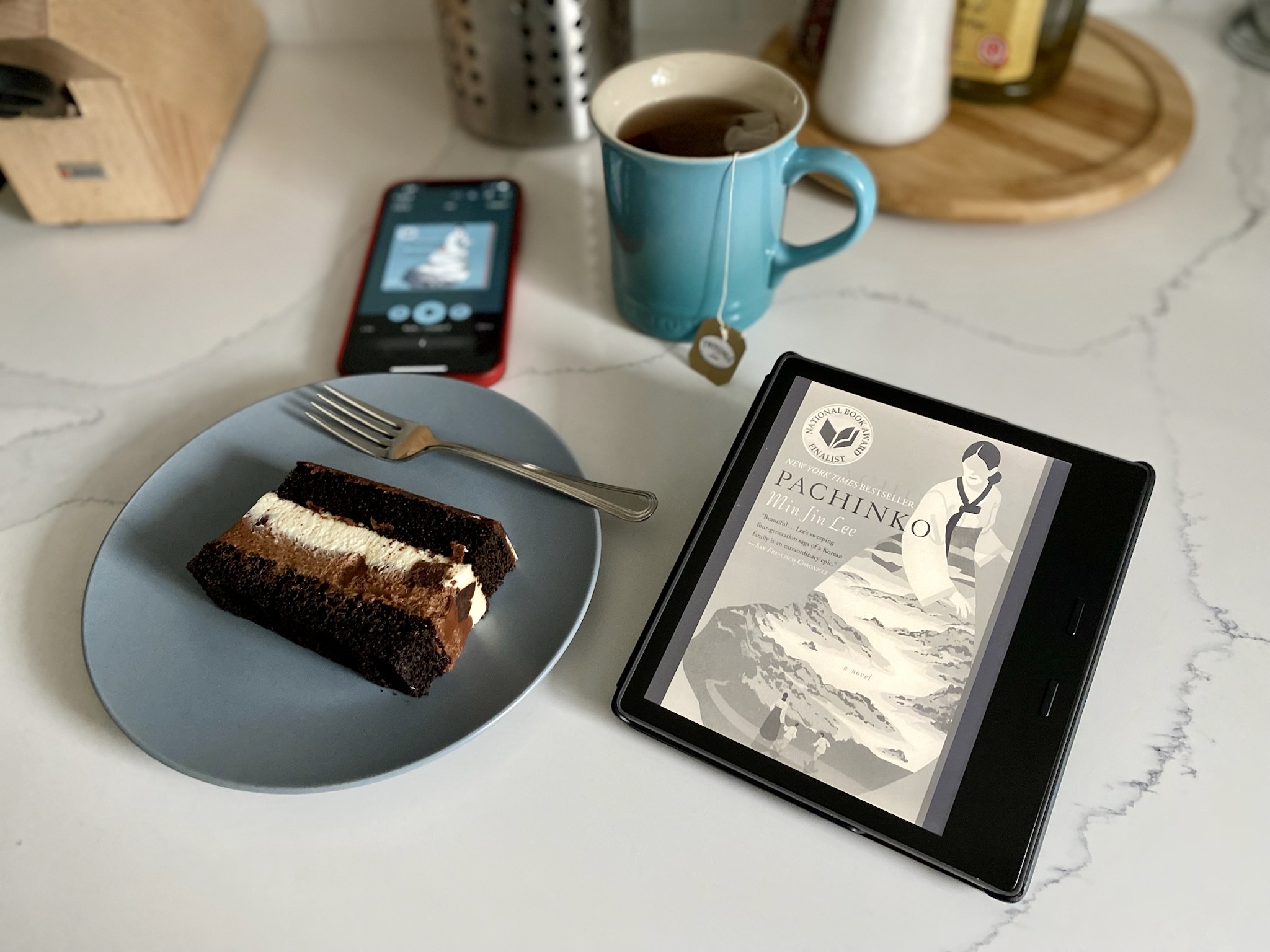Wow! What a great start for the 2023 POPSUGAR Reading Challenge! I was waiting for some books at the library to become available. I would take them either physically, electronically, or in audio. Then, Pachinko by Min Jin Lee appeared as a lucky loan. I loved, and highly recommend it.
This is a family saga that tells the hardships they endured emigrating from Korea to Japan. It spans most of the twentieth century. The story covers several wars and main events during that period. These include the colonization of Korea by Japan, the First and Second World Wars, and the Korean War. The narrative flows like a thread. The characters are the filaments being born and dying at different points. They are continually twisted together, run in parallel, and affected by each other. You can expect heartbreaking events. Still, the participants in this drama approach life with hard work, dignity, and resignation. Ultimately, they hold hope.
The Pachinko game
I didn’t know what the word “pachinko” meant before reading this book. Honestly, I continued not knowing until well after the middle of it when the pachinko business is first mentioned. It serves as a metaphor for the immigration of Koreans to Japan. The moral of the story is clear. Koreans living in Japan wouldn’t be allowed to have the best and coveted jobs. They are driven to undesired and slightly illegal ones. Gambling is prohibited in Japan, but pachinko makes use of a loophole in the law to continue existing.
This is how it works. The bets are not done with live cash, but with metal spheres. You can buy the spheres in the pachinko parlor of your choice. This is pretty much a casino. But, they are only valid at that location. You can gain more of these spheres if you play the game and are lucky. But you can’t convert them directly back to cash. You can exchange them for prizes. Then, you can sell the prizes and get your cash back. Hopefully, you make a profit. Well, this seems a complicated way of making money if you ask me. But the excitement of gambling makes this a thriving business in Japan, at the same time staying within the law.
Immigrant life for Koreans
The pachinko game symbolizes what Koreans had to do to survive. In most cases they were not recognized as Japanese citizens. For this reason, they couldn’t travel freely. For example, they weren’t allowed a passport among other things. If they wanted to visit their family back in Korea, they wouldn’t be allowed entrance back in Japan. Also, when coming of age, they needed to get registered. This applied even if they were born in Japan and lived there their whole life. On their fourteenth birthday, they could be deported. They also lived there thanks to a loophole in the law. Several passages in the book show native Japanese people despising them. Still, others helped or treated them with respect. Everyone that is an immigrant can relate to that.
From page to screen
There is a TV series from Apple TV with high reviews in IMDb. I know the show has been there for a while. I didn’t want to watch it before reading the book. Now I am looking forward to it. From the trailer only you can expect stunning photography, an emotional charged drama and meticulous historic research. Compliments for running it in their native languages, and of course, employing native actors.
